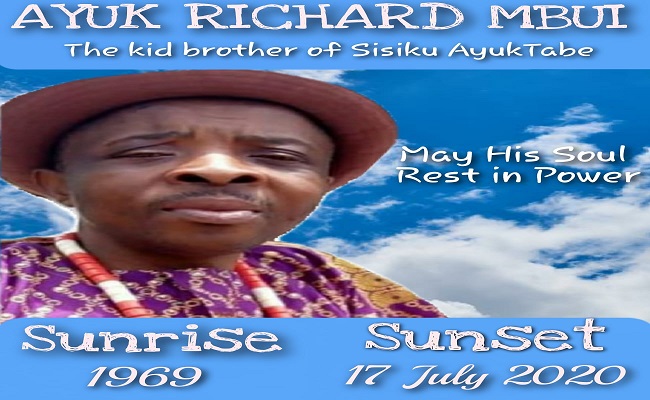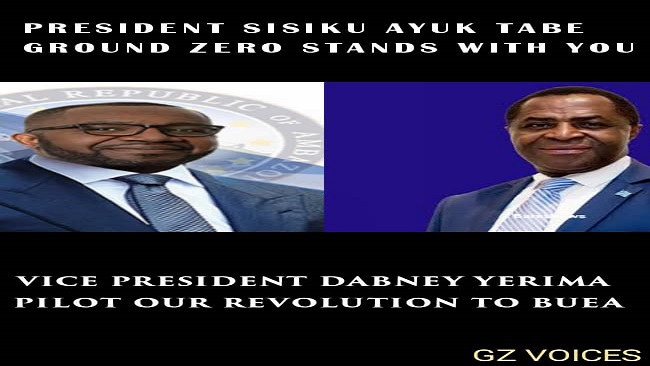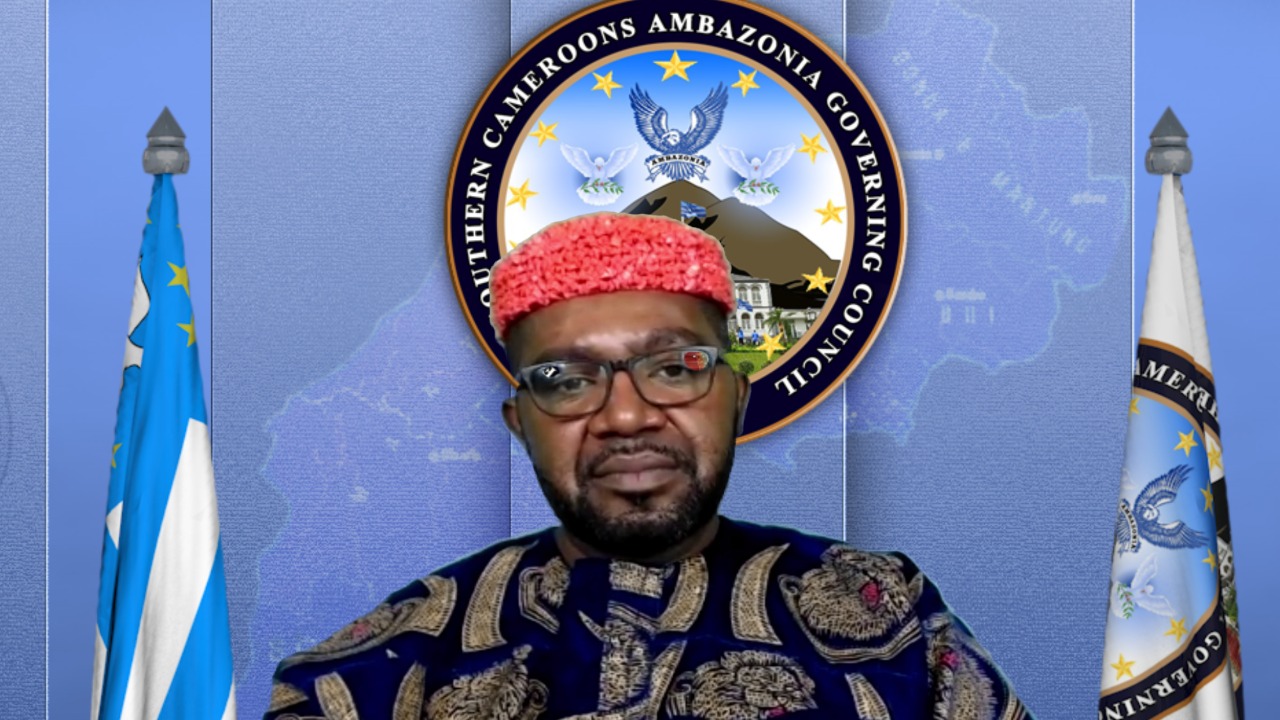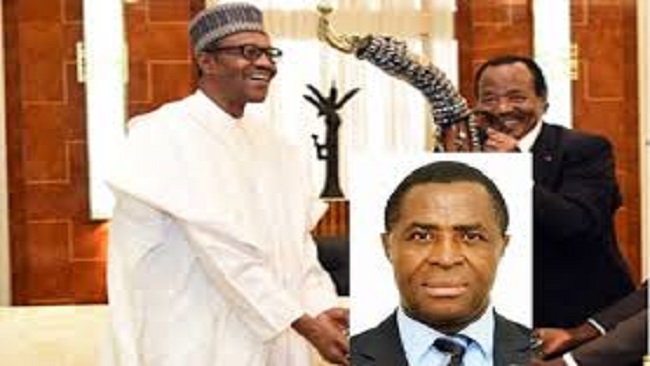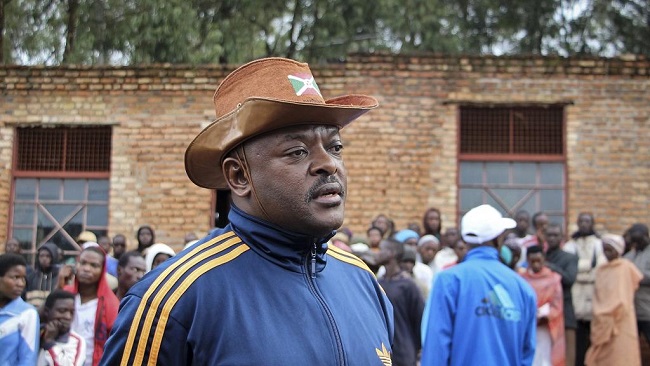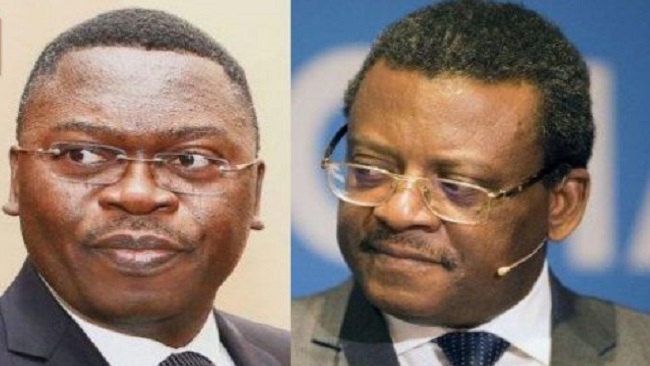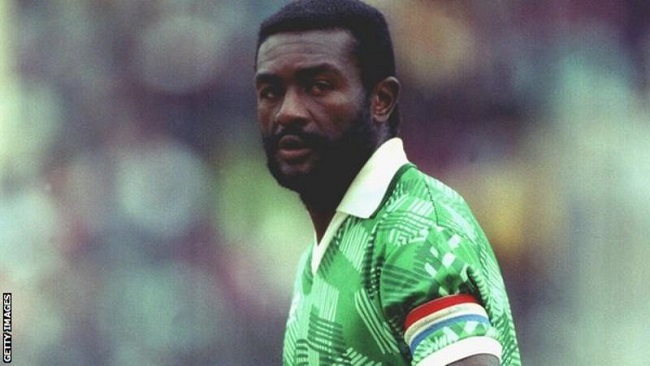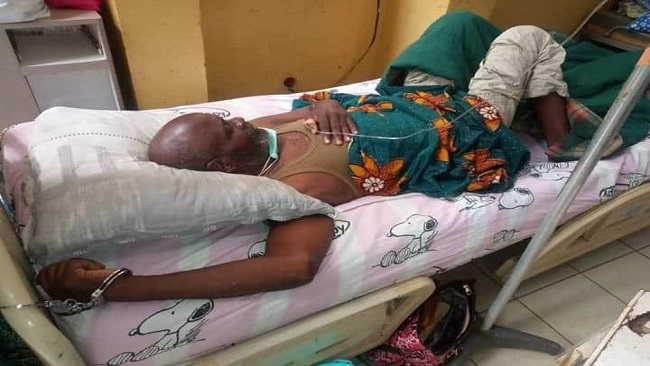Ambazonia leader says late brother’s life was exceptional
Fare thee well dear brother.
Good times build confidence and tough times build character. Your life built confidence in us and your demise is building our character. Inspite of the fact that you fought this illness for fifteen years, your departure still leaves a very deep hole in our hearts.
In the fifty years that we shared together, there have been laughs, smiles, toils, sweat, pain, victories, losses and tears. We stood by each other through thick and thin, rain and shine, storm and calm, high and low, defeat and victory.
The memories are too many to recount but notable amongst them is how through the windy, rainy storm, you supplied me with sticks and stones to protect the roof of ours, the only thatched house in the Down-Customs quarter in Ekok village. Who would have imagined that we will come this far? To God be the glory!
Your departure is happening at a time when, for a cause bigger than any one of us, I as well as a multitude of our Ambazonian brothers and sisters, am in prison. Without regret or surrender but with confidence and God’s reassurance, know that I am determined and committed to this fight to it’s very end, until we reach the foot of the mountain.
My entire ATAB family have lost a dear one. We miss you so much, particularly because most of us will not be there physically to bid you our final goodbyes. My wife Lilian with our children; Ayamba, Manyo, Nkongho and AyukBakia are joined by our adopted daughters; Nalova, Manyi and Agbor to wish you a deserved rest in the celestial home of the Lord. My granddaughters; Enyang and Lilian might not have seen you but they will know you through the stories that will be told of you.
As you go, meet and greet our siblings and other family members who went ahead. Be reassured that we are marching forth to victory in the name of our Lord.
With a very heavy heart and tears in my eyes, I know that I cannot appeal this God’s case concerning you. Fare thee well kid-brother.
Sisiku Ayuk Tabe Julius

